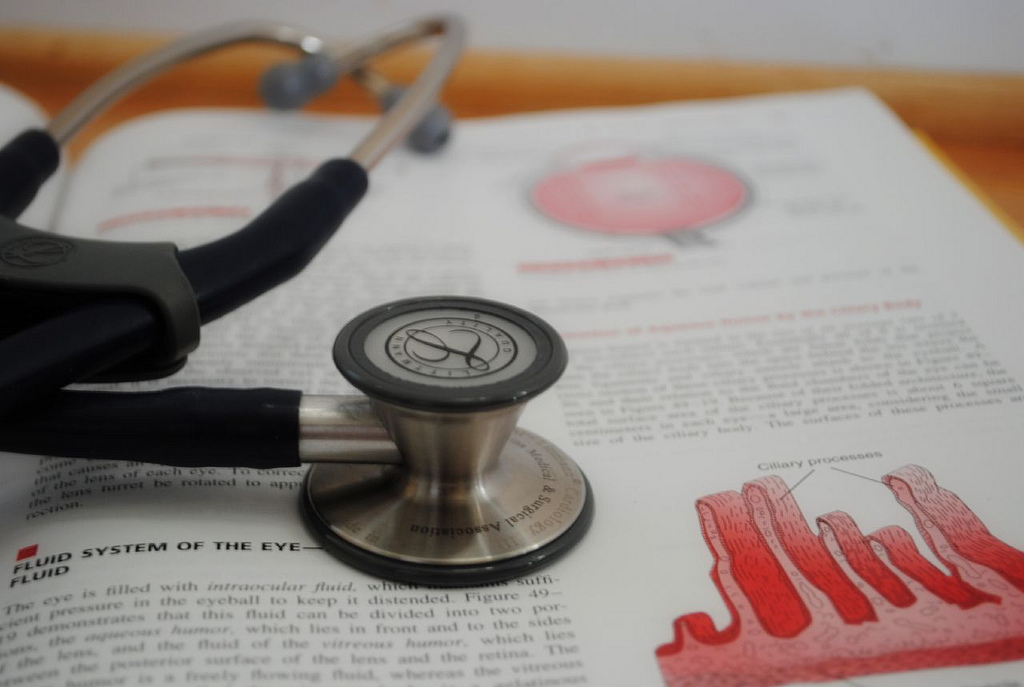PA? When are You Going to Complete Your Training and Become a Doctor?
/We wear white coats, assist in surgery, write prescriptions, order and interpret laboratory tests, to list just a few examples of what we do yet it seems that patients are mystified by our role in medicine.
"Hello, my name is Charishma, I am a Physician Assistant and will be seeing you today." Frequently after my introduction it became clear that my patients were not sure what a PA was. Sometimes they would in turn ask, "When are you going to complete your training and become a doctor?" or "So, you're the doctors personal assistant?" I would welcome the uncertainty and clarify my role within the practice as a surgical PA. Many of my first interactions with my patients became a time to educate them about the profession.
The American Academy of PAs outlines a PAs responsibilities to include obtaining a patients history and physical, diagnose and treat illness, order and interpret tests, develop treatment plans, educate patients on preventative care, assist in surgery, write prescriptions, and make rounds in hospitals and nursing homes. It is important to realize that PA rights vary state by state and specific duties may differ based on area of expertise as well as level of experience. Also, each state has developed its own guidelines which outlines the role of PAs within the state.
The Bureau of Labor Statistics projects that between 2014 and 2024 the growth of the PA profession is anticipating to increase by a whopping 30%! The typical rate of growth of professions is 7%. As the profession rapidly grows it is imperative that so does our voice. I have practiced in medicine for 8 years and have firsthand witnessed our progression. However, I strongly feel that as our demand rises and we continue to densely populate healthcare systems it is essential that our role is better understood by the general public.











